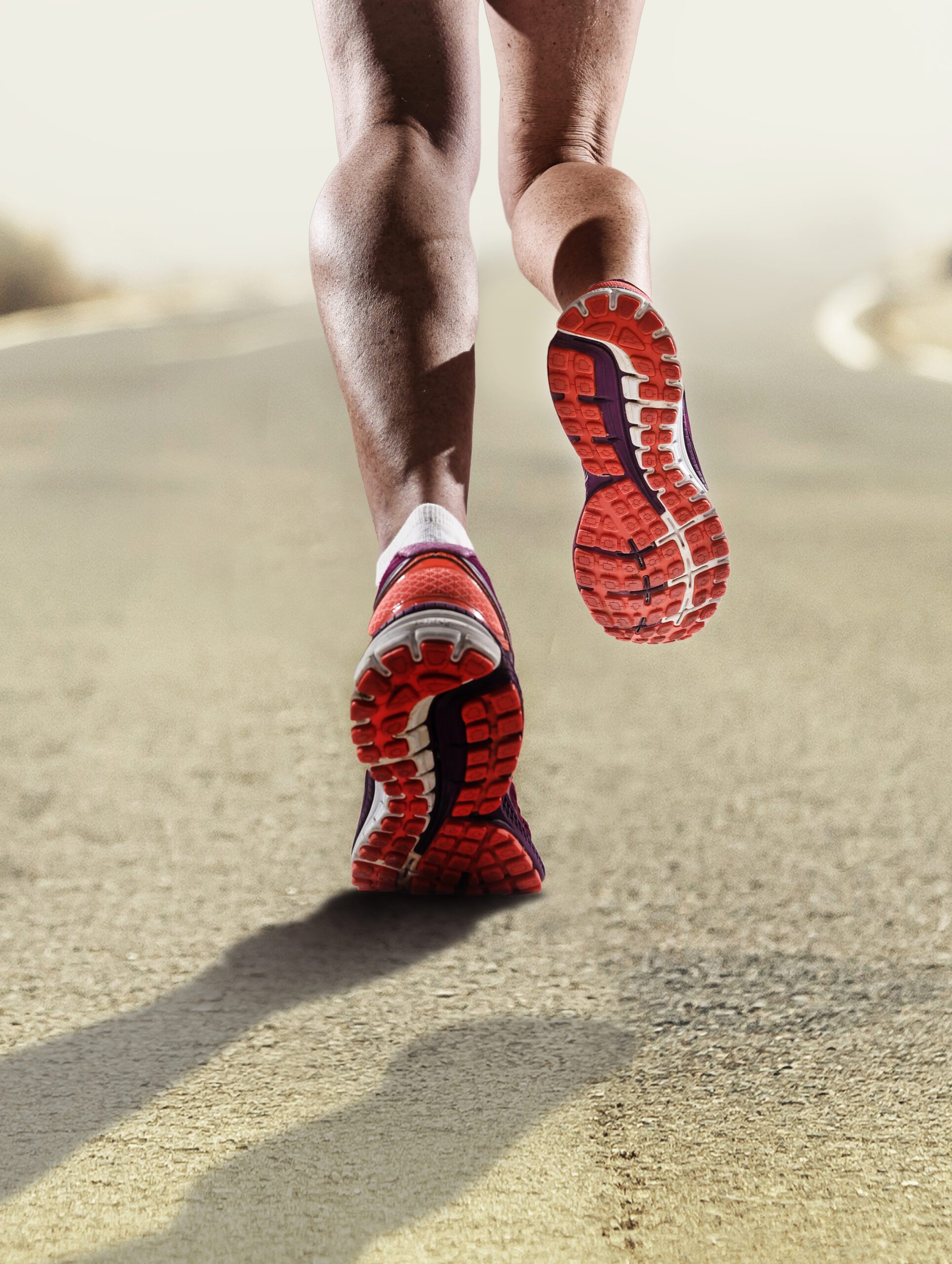IV therapy for athletes



IV therapy for athletes
IV therapy for athletes has been gaining popularity among athletes as a way to enhance performance, recovery, and overall well-being. While this treatment has been used for decades in medical settings, it is relatively new to the athletic world. In this blog post, we will discuss what IV therapy is, its potential benefits for athletes, and what to consider before undergoing this type of treatment.
What is IV Therapy? IV therapy athletic performance is a treatment method in which fluids, medications, or nutrients are delivered directly into a patient’s bloodstream through a vein. The solution is administered through a small needle or catheter, which is inserted into a vein in the arm. The treatment typically takes 30 minutes to an hour, during which time the patient can relax, watch TV, or even nap. Intravenous (IV) therapy has been marketed as a way to enhance athletic performance, with proponents claiming that it can quickly replenish essential vitamins and minerals, hydrate the body, and reduce muscle soreness and fatigue.
Potential Benefits of IV Therapy for Athletes:
- Hydration: Intense physical activity can lead to dehydration, which can negatively impact athletic performance. IV therapy can quickly and efficiently rehydrate an athlete’s body, helping to prevent dehydration-related problems like cramping, fatigue, and decreased endurance.
- Nutrient Replenishment: Athletic performance can be hindered by a lack of essential vitamins and minerals. IV therapy can quickly and effectively replenish these nutrients, which can improve athletic performance, enhance recovery, and reduce the risk of injury.
- Faster Recovery: IV therapy can help to reduce muscle soreness and fatigue, which can speed up the recovery process after a workout or competition. This can be especially beneficial for athletes who need to perform at their best day after day.
- Improved Immunity: Intense physical activity can weaken the immune system, making athletes more susceptible to illness and injury. IV therapy can help to boost the immune system, reducing the risk of illness and injury.
- Increased Energy and Focus: Some athletes report increased energy and mental clarity after undergoing IV therapy, which can help to improve athletic performance and overall well-being.



Energy levels can be significantly increased by the use of IV treatment. Long-distance runners and people who just take pleasure in a vigorous workout in the morning have a lot to gain from this fact.
It can either be infused anytime it is needed, or it can be taken in doses for faster absorption. Both options are available. Take, for instance, a 15-minute infusion that, in addition to providing an energy boost, also restores moisture to the body and replenishes vitamins.
These advantages could, of course, be the deciding factor in whether an athlete triumphs or suffers defeat in a sporting tournament. When compared to an athlete who only takes oral supplements, one who receives IV therapy should have a significantly higher amount of usable energy. A significant improvement in one’s physical performance can be anticipated as a result of this.
It is important to note, however, that there are certain types of IV therapy that have been specifically created to speed up the recuperation process for athletes. As a result, athletes need to make sure they use the appropriate kind of IV therapy.



What athletes should consider before using IV therapy for athletic performance and recovery. Consult a Healthcare Professional: IV therapy for athletic performance and recovery should only be performed by a licensed healthcare professional. Before undergoing this type of treatment, it is important to discuss the potential benefits and risks with a doctor.
IV therapy for athletic performance the digestion process is bypassed, and the nutrients are delivered directly to the organs through IV treatment. Because of this, it is an extremely efficient method of transporting nutrients throughout the body. Additionally, it is far more efficient, as anywhere from 90 to 100 percent of the nutrients can be absorbed and utilized.
Because the majority of their training consists of strenuous physical exercises, athletes are in the best position to benefit the most from IV therapy. As a result, they require continuous rehydration as well as the replenishment of nutrients. The condition known as intestinal hyper-permeability is sometimes referred to by the colloquial name “leaky gut.” In addition, this is a problem that many athletes face, regardless of whether or not they are aware of it.
In most cases, it is brought on by the consumption of harmful foods, an imbalance of the bacteria in the intestinal tract, excessive training, or persistent stress. It happens when the delicate lining of the intestines is damaged, which allows undigested food substances to leak out and combine with the immune system. This is what causes the condition. These dietary substances and foreign particles are recognized by the immune system, and the immune system is then instructed to eliminate them from the body.
This process can induce malabsorption, bloating, and inflammation throughout the body. It is comparable to allergic reactions in that it shares these characteristics. Many athletes make the mistake of utilizing ibuprofen or any other anti-inflammatory medication in an attempt to alleviate the aches and pains that are caused by this reaction. This simply causes the lining to become more disorganized, which makes the situation much more dire. Be aware of the fact that when an individual’s gut is inflamed, it becomes unable to absorb the necessary nutrients such as iron and B-12, and as a result, the athlete feels wearier and more worn out.
In conclusion, IV therapy for athletes can be a valuable tool for athletes who want to improve their performance, recovery, and overall well-being. However, it is important to understand the potential benefits and risks of this type of treatment. It is important to consult with a doctor or a licensed healthcare professional before undergoing IV therapy, especially for athletes. They can help determine if IV therapy athletic performance is appropriate and safe and provide guidance on the potential benefits and risks. Additionally, athletes should prioritize a healthy diet, adequate hydration, and proper rest and recovery to maintain and improve their athletic performance.







